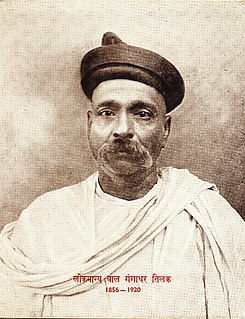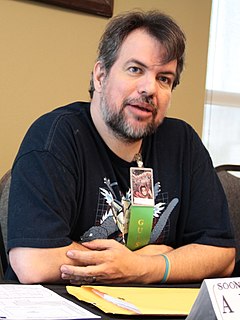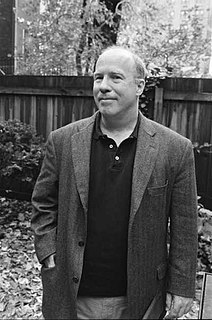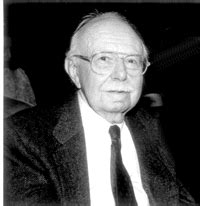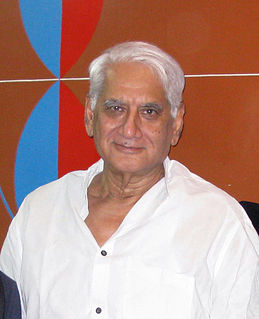A Quote by D. H. Lawrence
Sometimes life takes hold of one, carries the body along, accomplishes one's history, and yet is not real, but leaves oneself as it were slurred over.
Related Quotes
To worry is to acknowledge that the world is unpredictable, and there is power in understanding one's own powerlessness at times. But too often worry takes on life of its own. Men are quite prone to this. They'll plague themselves with so many 'what if's and 'if only's that they soon forget to ponder the true possibilities before them. Which inevitably lead to poor decisions. Whatever happens will happen. Sometimes we have say over the future. Sometimes we don't. Either way, worrying alone never accomplishes anything.
Pain does two things: It teaches you, tells you that you're alive. Then it passes away and leaves you changed. It leaves you wiser, sometimes. Sometimes it leaves you stronger. Either way, pain leaves its mark, and everything important that will ever happen to you in life is going to involve it in one degree or another.
These were the lovely bones that had grown around my absence: the connections-sometimes tenuous, sometimes made at great cost, but often magnificent-that happened after I was gone. And I began to see things in a way that let me hold the world without me in it. The events that my death wrought were merely the bones of a body that would become whole at some unpredictable time in the future. The price of what I came to see as this miraculous body had been my life.
The chief evil with relation to the body is love for the body and pitying it. This takes away all the soul's authority over the body and makes the soul the slave of the body. And on the contrary, one who does not spare the body will not be disturbed in whatever he does by apprehensions born of blind love of life. How fortunate is one who is trained to this from childhood!
Time in its irresistible and ceaseless flow carries along on its flood all created things and drowns them in the depths of obscurity. . . . But the tale of history forms a very strong bulwark against the stream of time, and checks in some measure its irresistible flow, so that, of all things done in it, as many as history has taken over it secures and binds together, and does not allow them to slip away into the abyss of oblivion.

